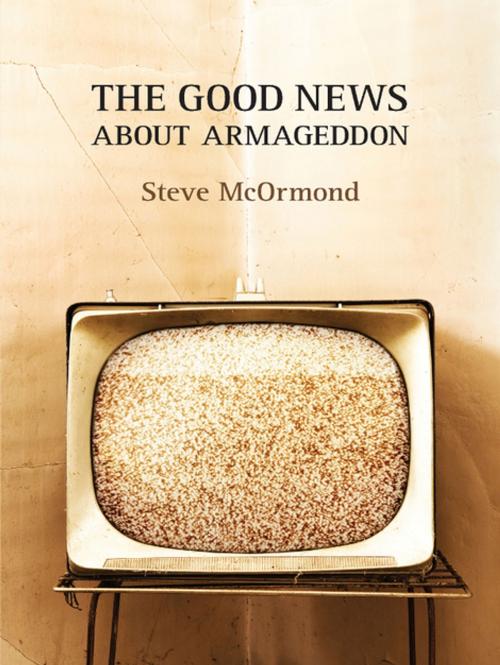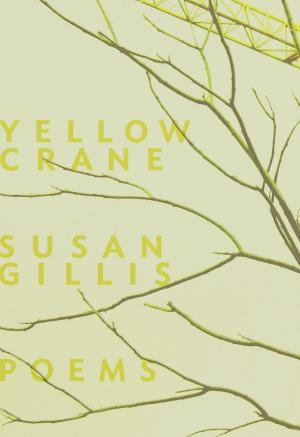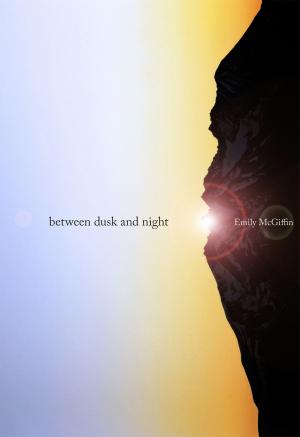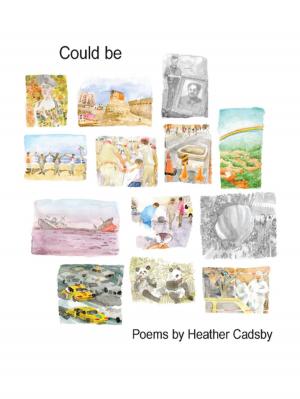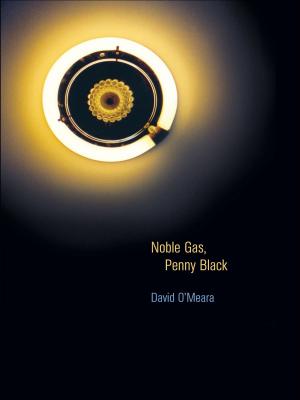| Author: | Steve McOrmond | ISBN: | 9781926829272 |
| Publisher: | Brick Books | Publication: | October 1, 2010 |
| Imprint: | Brick Books | Language: | English |
| Author: | Steve McOrmond |
| ISBN: | 9781926829272 |
| Publisher: | Brick Books |
| Publication: | October 1, 2010 |
| Imprint: | Brick Books |
| Language: | English |
Poems that occupy the difficult territory of contemporary crisis with great candour and trenchant wit. Steve McOrmond’s unflinching take on contemporary life, with its saturnine candour and ironic focus, may remind readers of the anti-poetry of Europeans like Zbigniew Herbert: intense, humanistic and deeply sceptical of inflationary gestures or stagy rhetoric. Shedding illusions, but equally refusing the consolations of despair, McOrmond’s well-tempered satire is carried home on its own crisp music. The title poem has, as it narrative background, the encounter between the narrator and a young door-to-door missionary, one who sets his worldly and jaded scepticism against her innocence and faith. The Good News about Armageddon poses questions that are difficult and durable (“In these hours of prolific / doubt, how will we acquit ourselves?”), as well as those that are topical (“Are Paris Hilton’s 15 minutes over yet?”) and probes with accurate wit (“We are an argument / for unintelligent design”). This is essential poetry for our time – astute, informed, bitingly satirical, yet grounded in its quest for words that, like Cordelia’s, reverb no hollowness.
Poems that occupy the difficult territory of contemporary crisis with great candour and trenchant wit. Steve McOrmond’s unflinching take on contemporary life, with its saturnine candour and ironic focus, may remind readers of the anti-poetry of Europeans like Zbigniew Herbert: intense, humanistic and deeply sceptical of inflationary gestures or stagy rhetoric. Shedding illusions, but equally refusing the consolations of despair, McOrmond’s well-tempered satire is carried home on its own crisp music. The title poem has, as it narrative background, the encounter between the narrator and a young door-to-door missionary, one who sets his worldly and jaded scepticism against her innocence and faith. The Good News about Armageddon poses questions that are difficult and durable (“In these hours of prolific / doubt, how will we acquit ourselves?”), as well as those that are topical (“Are Paris Hilton’s 15 minutes over yet?”) and probes with accurate wit (“We are an argument / for unintelligent design”). This is essential poetry for our time – astute, informed, bitingly satirical, yet grounded in its quest for words that, like Cordelia’s, reverb no hollowness.
